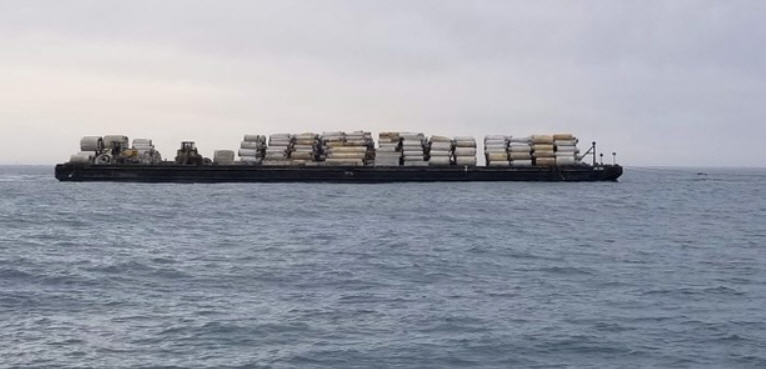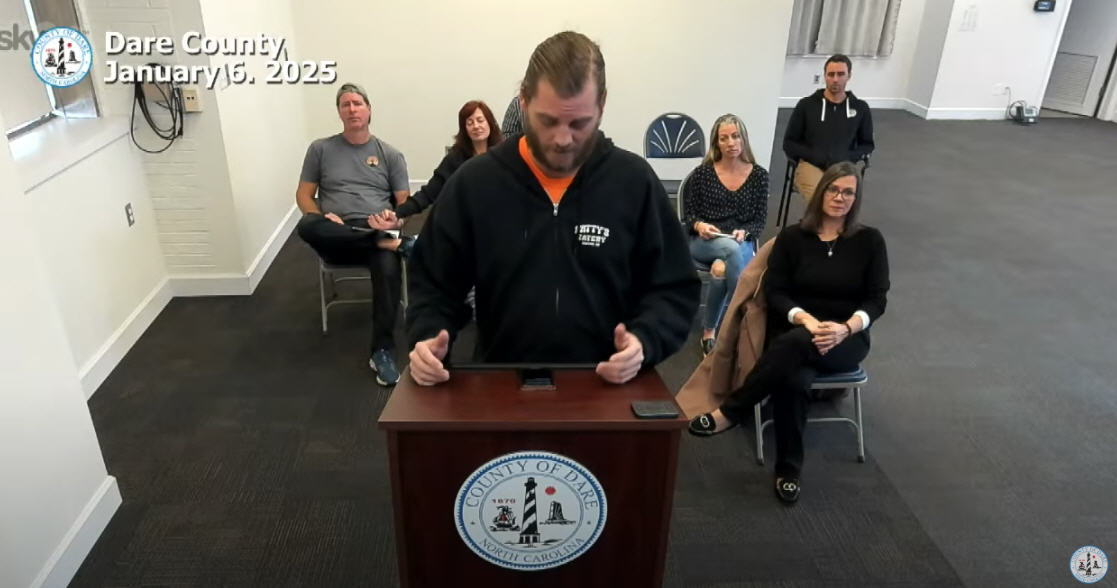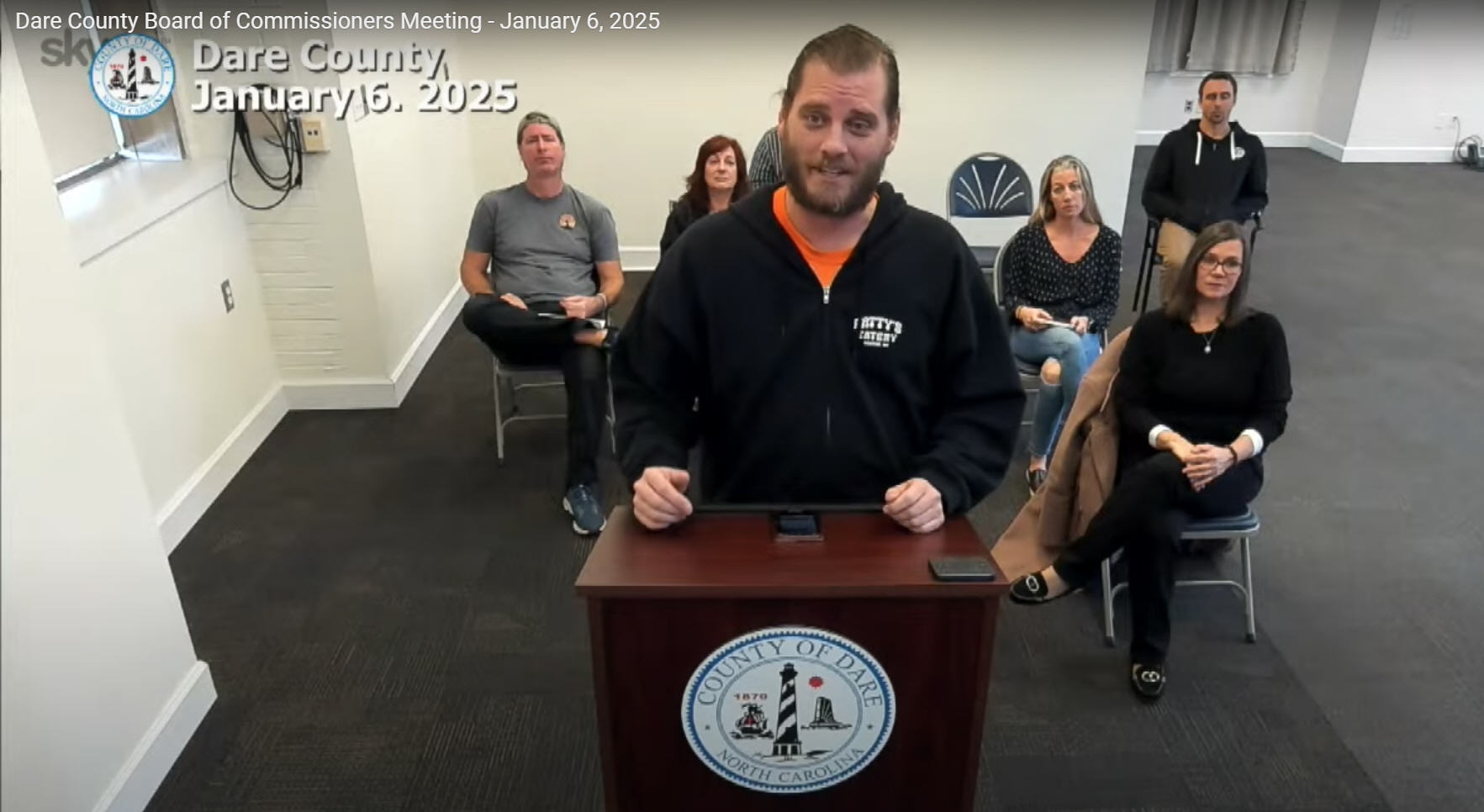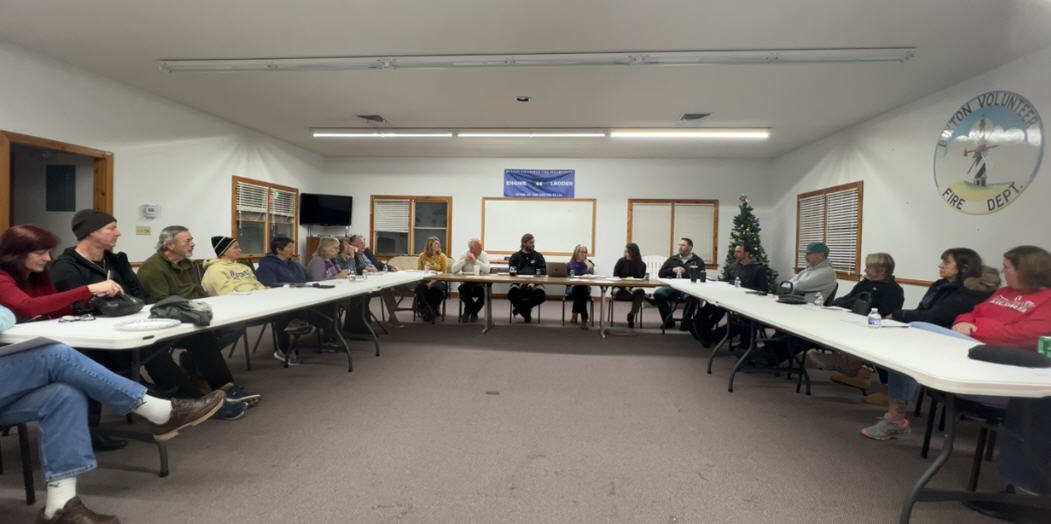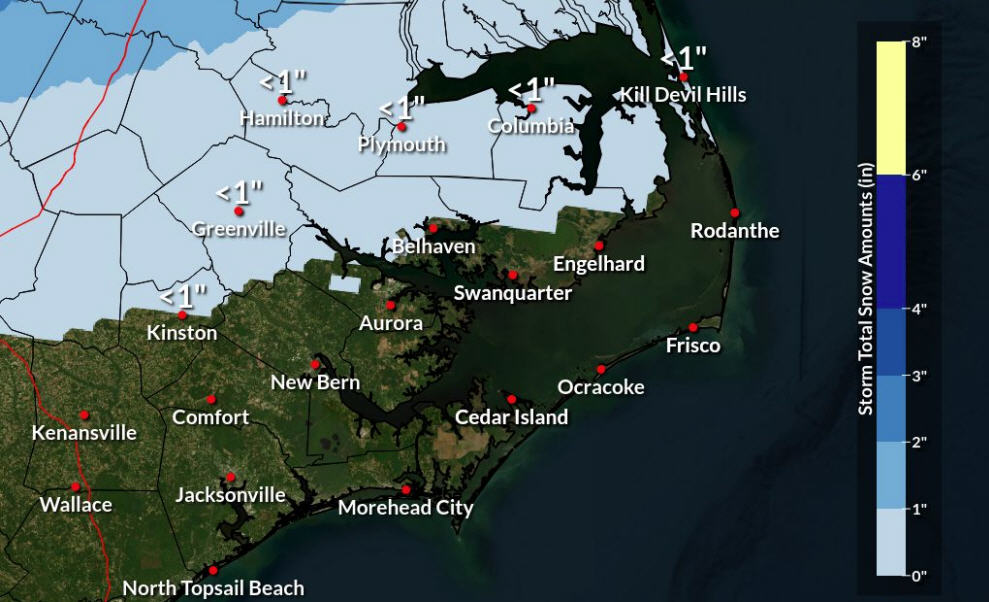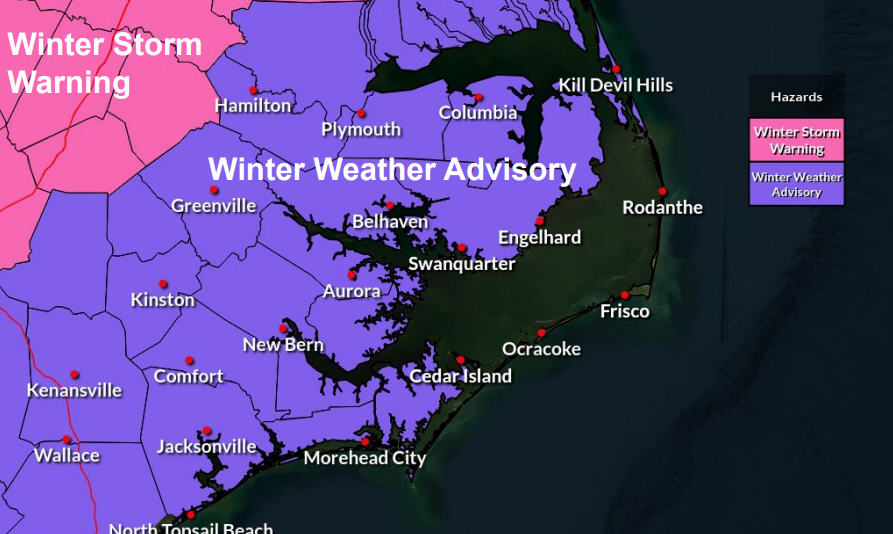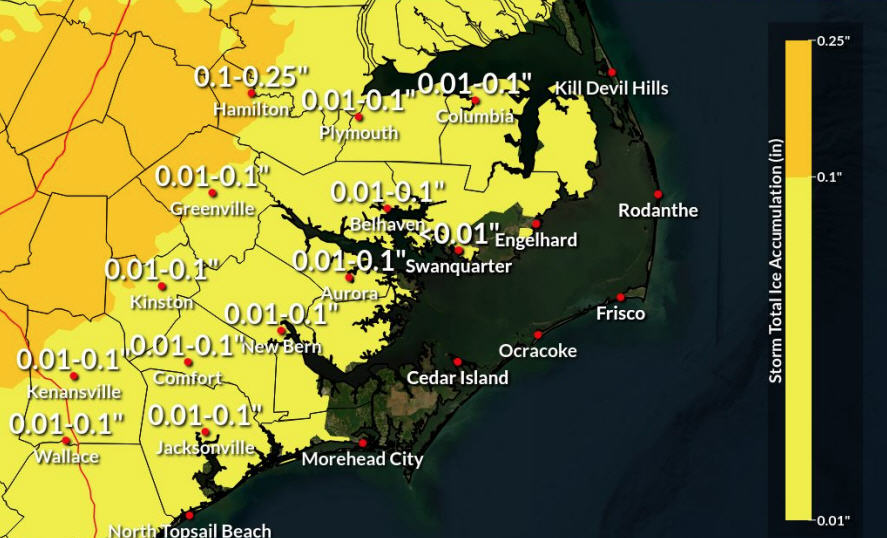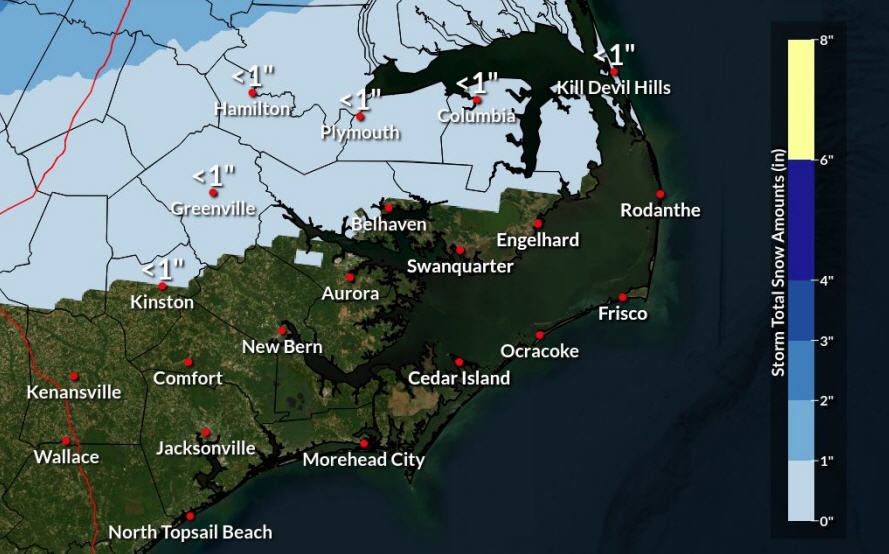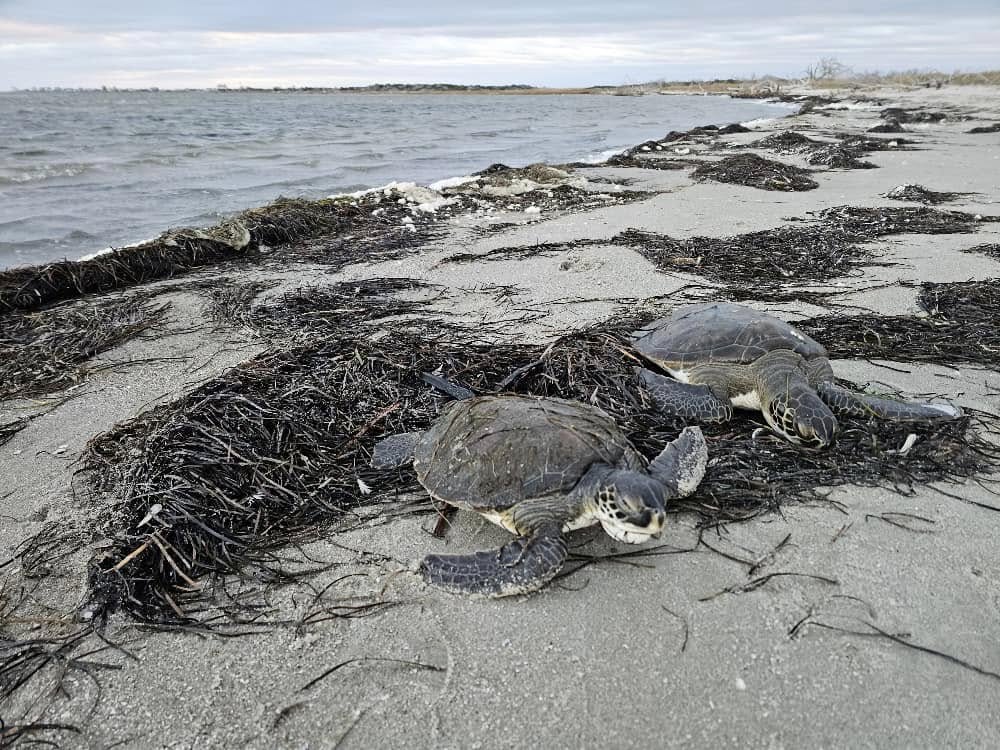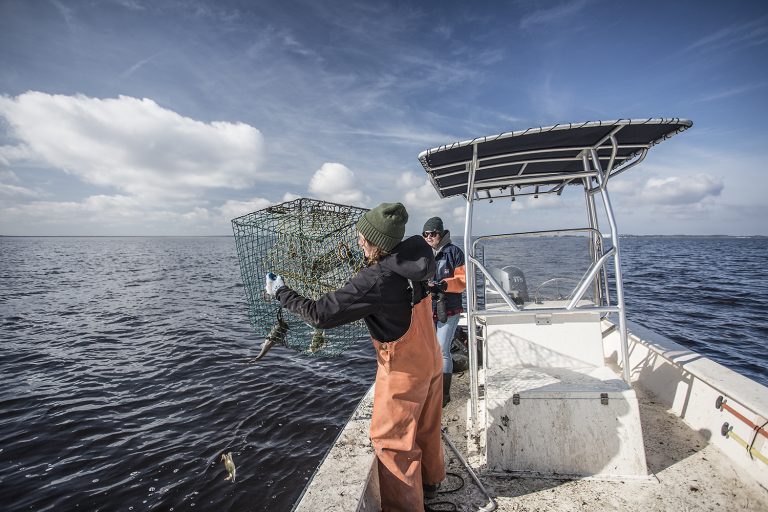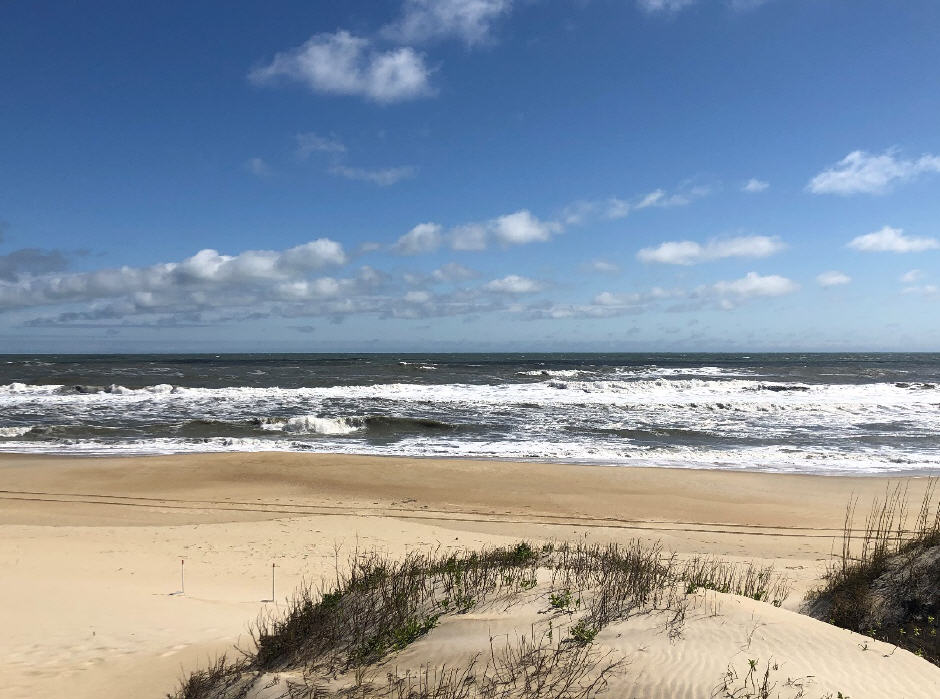
The worldwide outbreak of the novel coronavirus has disrupted life as we knew it. #SpringBreak was quickly replaced by #StayAtHome after Governor Cooper ordered the people in the State of North Carolina to stay at home for thirty days until April 29 in response. This was done for the safety and well-being of all even if it meant it might lead to more hardship and heartache. A myriad of cascading effects has surfaced as a result of the preventative measures that have been enacted across the country.
This meant that the economic engine of coastal tourism, which typically starts to rev up around Easter weekend, stalled. Actually, pushed back into the winter doldrums garage is more like it. Vacation home rentals and hotels are vacant, and all but non-essential businesses remain closed. The pockets of those who own vacation homes or businesses remain empty while the beaches exist in a similar state. Charter boat captains have canceled spring fishing trips, and the commercial fishing industry is selling a fraction of the normal market share while restaurants remain closed except for delivery and take-out. That goes for the shellfish growers too!
The good news is that the decision to issue the stay at home order by local and state governments has produced an encouraging response to slowing and preventing the outbreak of the novel coronavirus. Officials along the coast and across the country have started to discuss and implement a phased reopening of the economy. The conditions under which the economy is reopened might present a new normal, but necessary to get the economic engine that exists within coastal communities cranking again.
Even if the future is uncertain, the past is not, and two major anniversaries present opportunities to reflect on the past, assess the present, and create a vision for the future.
We celebrate the 50th anniversary of Earth Day on April 22. The first celebration of Earth Day took place shortly after the first anniversary of the 1969 Santa Barbara oil spill. That event served as the catalyst for the establishment of the Environmental Protection Agency and prominent pieces of environmental legislation including the National Environmental Policy Act and the Clean Water Act.
On April 20, we recognized the 10th anniversary of the deadly blowout explosion that occurred at the Deepwater Horizon offshore drilling rig. Oil spewed into the Gulf of Mexico for months until the well was finally capped, and the subsequent environmental disaster brought upon catastrophic economic impacts to the region.
So, while the month-long stay at home order has certainly created economic hardship, the impacts pale in comparison to the economic stress endured by those who had a stake in the health of the Santa Barbara coast in 1969 or the Gulf of Mexico in 2010. Even though the coastline might be sparsely populated for now, a healthy coastal ecosystem awaits the return of visitors that drive the economic engine. Therefore, please consider whether you think offshore drilling along the Atlantic coast is a good idea or not.
Michael Flynn, Coastal Advocate, North Carolina Coastal Federation


